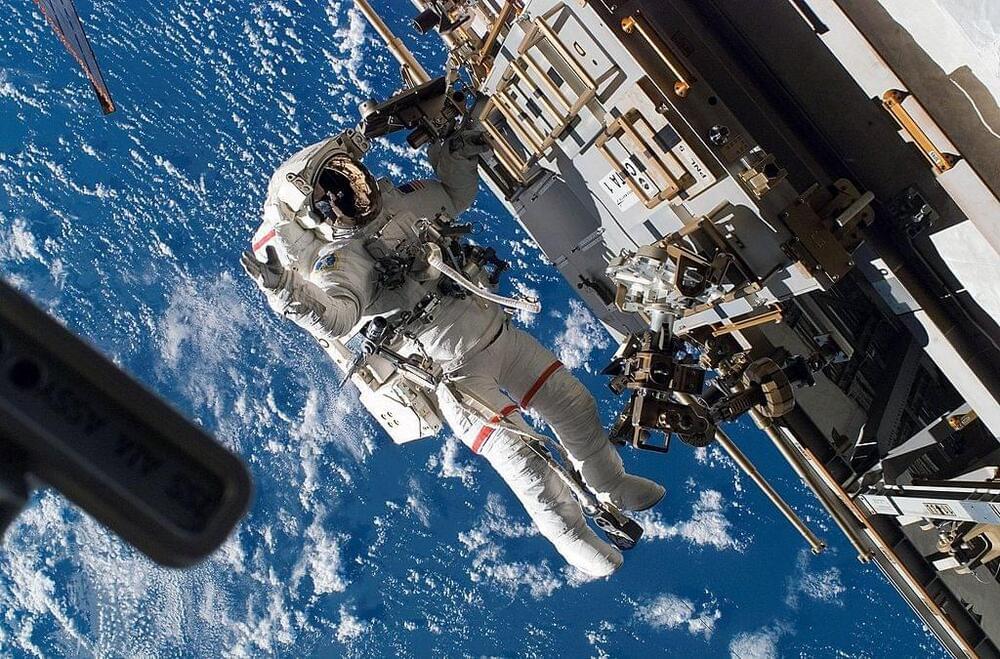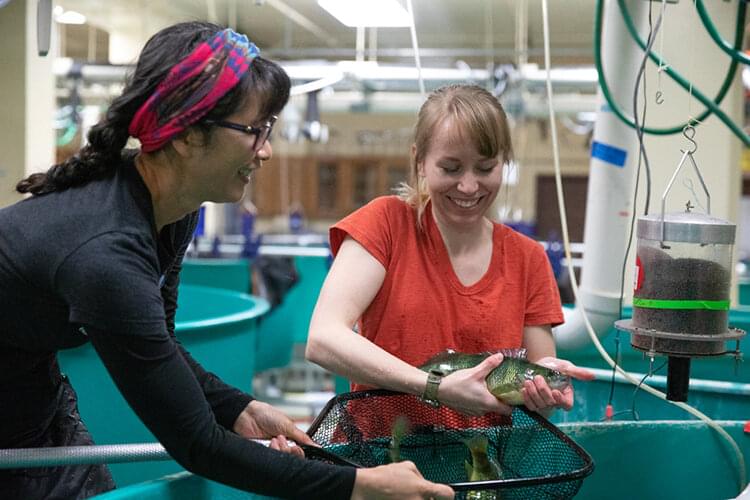
Get the latest international news and world events from around the world.



Bill Gates gave away shares worth $6 billion this week but is still the world’s fifth-richest person
He still has $112 billion. Bill Gates took the first steps toward donating $20 billion of his wealth to the Bill and Melinda Gates Foundation (B&MGF), giving away shares worth $6 billion this week, Business Insider reported.
Bill Gates is still the world’s fifth-richest person, according to Bloomberg and Forbes rankings, despite giving away shares worth more than $6 billion this week to his charitable foundation.
Gates donated close to $5.2 billion worth of stock in Canadian National Railway Co to the Bill & Melinda Gates Foundation, SEC filings show.
The Microsoft co-founder also gave away $995 million worth of shares in Deere & Co. to the foundation on Thursday, filings from Friday show.

Will GPT-3 Win Oscar When it Starts Writing Movie Scripts Big Time?
Using GPT-3, Calamity AI developed a short film script called Date Night. GPT-3 is the third generation Generative Pre-trained Transformer, is a neural network ML model trained using internet data to generate any type of text. GPT-3 has been used to create articles, poetry, stories, news reports, and dialogue using just a small amount of input text that can be used to produce large amounts of quality content. Developed by OpenAI, it requires a small amount of input text to generate large volumes of relevant and sophisticated machine-generated text.
Enter Calamity AI, a pair of film students in California collaborating with an AI to write original short films and produce for YouTube. It aims to showcase the results of AI and humans working in tandem. The limitations of artificial intelligence restrict it from doing every element of the filmmaking process.
DJI releases new firmware update for Phantom 4 Multispectral drone
Designed for precision agriculture and environmental management use cases, the P4 Multispectral drone combines data from six separate sensors to measure the health of crops. It can be used to monitor everything from individual plants to entire fields, as well as weeds, insects, and a variety of soil conditions.
The P4 Multispectral drone is compatible with standard industry workflows including flight programming, mapping, and analytics software from DJI and other leading providers. Using the DJI GS Pro application, you can create automated and repeatable missions including flight planning, mission execution, and flight data management. Data collected can be easily imported into DJI Terra or a suite of third-party software including Pix4D Mapper and DroneDeploy, for analysis and to generate additional vegetation index maps.
The drone was first announced in 2019.

Chennai Teacher Makes Homemade Fertilizers From Kitchen Waste, Grows Over 400 Plants
A midst the hustle and bustle in one of Chennai’s busiest streets, Chrompet, 51-year-old S Sathyanarayanan has created a green paradise on his 1,200 sq ft terrace. He grows 400 plants including ornamental flowers such as moss roses, medicinal plants like moringa, fruits like figs, and vegetables like lady’s finger, potatoes and more.
However, what’s unique about Sathya’s garden is that he prepares a variety of liquid fertilizers using kitchen ingredients to nourish his plants. Further, he also prepares a mix of water, jaggery, and an organic Waste Decomposer (WDC) solution in a 250-litre drum. This is fed to all plants regularly, which ensures healthy and pest-free growth.
“I started terrace gardening in 2015 after my family and I moved into our newly constructed home here. Earlier, we were living on the ground floor of a rented home and I could not grow many plants, as the availability of space was an issue. I started my gardening journey with 50 pots of money plants, tulsi, tomatoes and others. Today, my garden has over 400 pots, which grow ornamental flowers, fruits, and vegetables,” says Sathya, adding that regular visitors to his garden include buzzing honey bees and chirping love birds.

Microplastics pass through fish, altering nutrient metabolism
When Dong-Fang Deng and her students make feed for the fish they raise at UWM’s School of Freshwater Sciences, they often use ground fishmeal—dried fish parts from fisheries or wild catch—as the protein source.
It’s possible to find microplastics in commercial fish food, she said, because the wild fish that end up in fishmeal consume some of the microplastics that litter the waters they live in. But after Deng actually spotted tiny plastic beads in pre-ground fishmeal, it prompted a question.
“We wondered, ” If the fish eat the microplastics, could the particles accumulate inside their bodies?’” said Deng, professor of freshwater sciences who researches the role of diet in fish farming, or aquaculture.

New Graphene Electronic Tattoos Kickstart Healthcare Electronics 2.0
Graphene electronic tattoos are unique devices used in healthcare systems for personalized applications. Monolayered graphene electronic tattoos are used to monitor different electrophysiological signals in humans. Despite their innovative functionality, these devices suffer from an impermeability to sweat and difficulties in reproducibility.
Study: Graphene electronic tattoos 2.0 with enhanced performance, breathability and robustness. Image Credit: Tex vector/Shutterstock.com.
In an article recently published in the journal npj 2D Materials and Applications, an enhanced version of graphene electronic tattoos was introduced. This update is wearable on the skin with sweat permeability, superior electrical properties, and robustness. While the older systems suffered scattered electrical properties due to growth or transfer-related discrepancies, the reported graphene electronic tattoos with graphene nanoscrolls (GNS) or multilayered graphene structures showed enhanced properties.

Deadly eye-bleeding virus which kills up to third of patients reaches Spain
A DEADLY virus that kills 30 per cent of those it infects by making them bleed from the eyes has reached Spain after a man was hospitalised last week.
The man in the city of Leon, in Spain’s North West, was diagnosed with Crimean-Congo haemorrhagic fever (CCHF) after being bitten by a tick.
The unnamed patient was hospitalised last week in Leon before being airlifted to another hospital by the Ministry of Defence on Thursday.